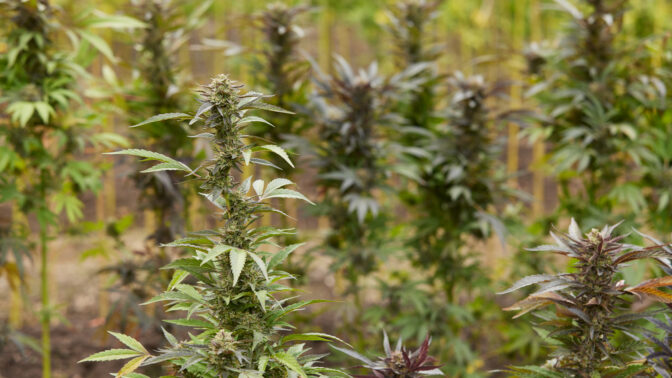Let’s face it – 420 celebrations can give you a major case of the munchies. Check out all the food deals, promos, and specials going on.
Swami Select: Nurturing cannabis with intention and spirituality
In the serene mountains of northern California, Swami Select is a source of inspiration for regenerative farming and spiritual connection within the cannabis industry.
Your weed is rolled or packed, and your plateful of snacks is piled high — all you need now is something to watch. Check out Weedmaps’ favorite shows to watch stoned.






